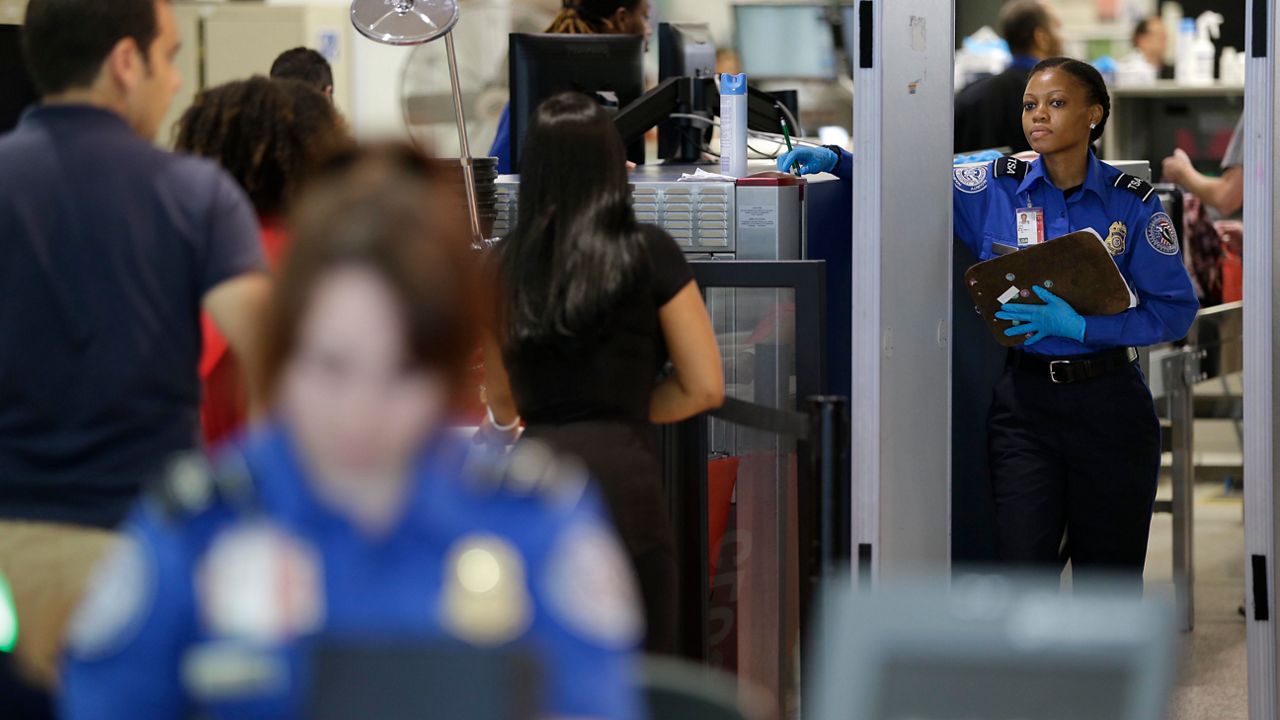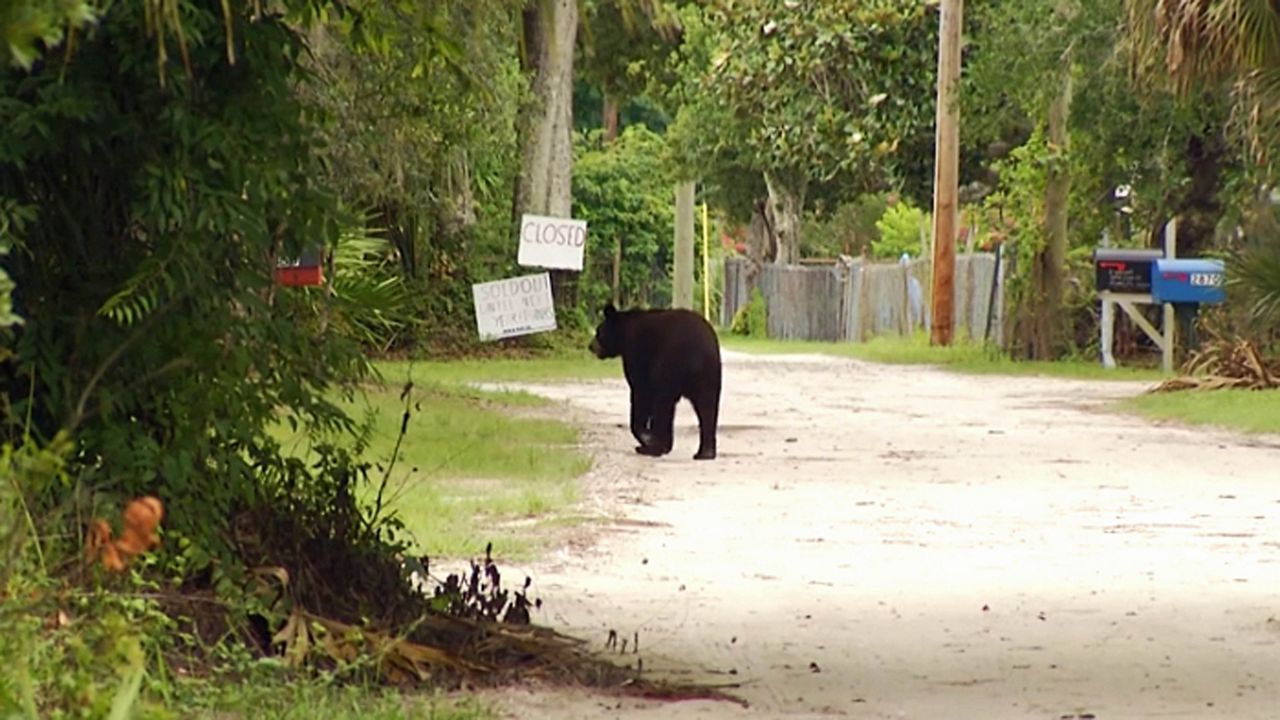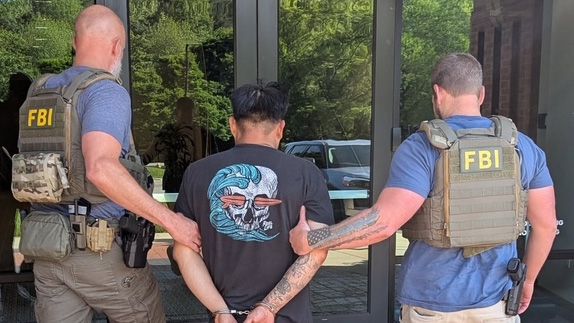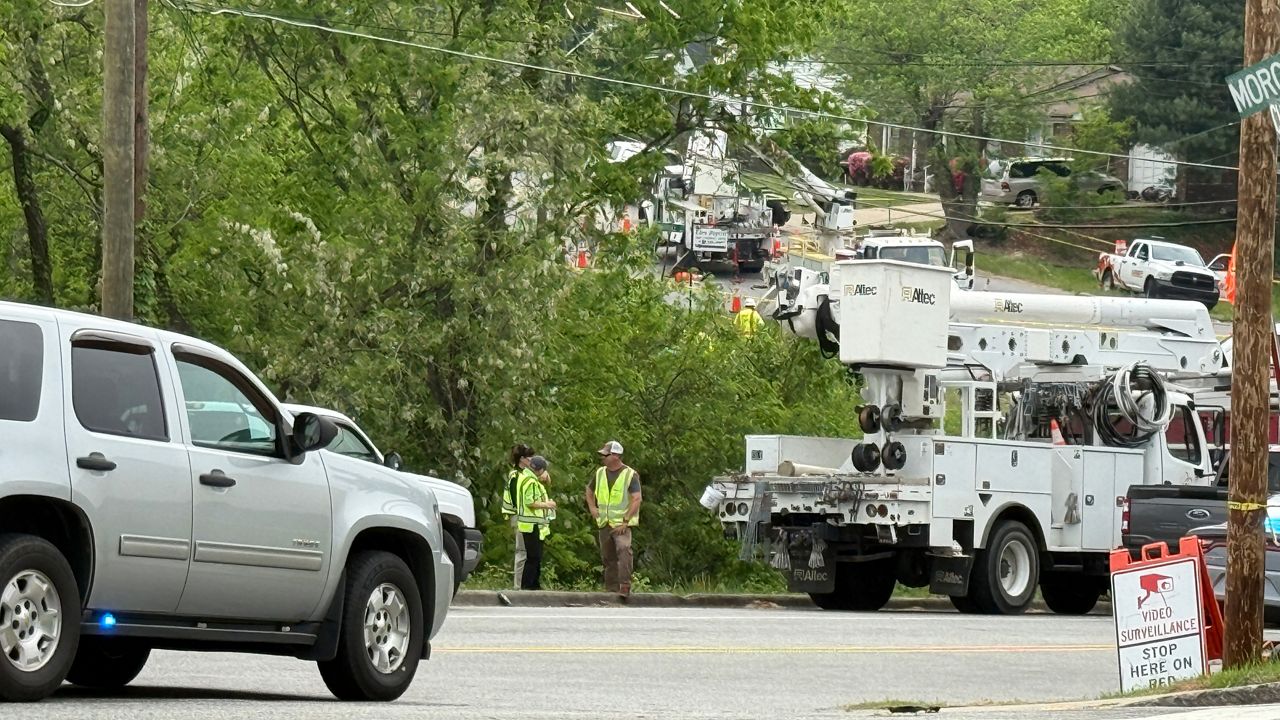DURHAM, N.C. — On Monday, City Council members in Durham will decide whether to extend a contract with ShotSpotter, the technology that can detect the location of gunfire in real time.
ShotSpotter uses acoustic sensors to detect, locate and alert law enforcement agencies about incidents of gunfire.
Durham Mayor Pro Tempore Mark-Anthony Middleton was an advocate for the technology back in 2015 before becoming an elected official.
“I was part of a city delegation that traveled to Boston. It was funded by the Department of Justice. We were looking at how other cities decrease gun violence, improve relations between police and community,” Middleton said.
Middleton says he included it in his safety recommendations to the city of Durham. He says it took years to get it established in the Bull City.
Last year, Durham voted to move forward with the ShotSpotter pilot program, receiving three months free of the 12-month trial for $197,500.
In that time, ShotSpotter has published more than 1,400 alerts, leading to 23 arrests, 21 guns recovered and discovery of 48 gunshot wounds.
We've saved people's lives. I think the technology has worked for what it's been advertised to do.“Arrests have been made. Shell casings have been recovered. We're well over 90% efficacy rate in terms of real gunfire detected," Middleton said. "We've saved people's lives. I think the technology has worked for what it's been advertised to do.”
You can find more data, including ShotSpotter misclassifications and types of crimes reported, on the city’s public portal.
“I would invite people to talk with a person whose family member was shot, and no one called 911 and we got there and saved their life,” he said. “I mean, what price do you put on that?”
According to the city’s portal, ShotSpotter boasts more than 95% accuracy from gunshot detection to location, but Middleton says the technology is not made to detect gunfire from enclosed spaces, such as a car or building.
One case that drew public outcry was a drive-by shooting at a Subway in Wellon’s Village on New Year’s Day this year, leaving five people hurt. Middleton says ShotSpotter detected the sound, but because it was fired from a vehicle, it was not classified as gunfire.
“I fully understand it was a very high-profile shooting for a daylight. Luckily, patrol units were in the area already, so the response time was significantly higher on the part of police. But listen, as we said, we're going to report the hiccups, the warts, the good and the bad,” Middleton said.
Opponents of ShotSpotter point to the price, privacy concerns and fears over the potential for over-policing.
Victor Lamont O'Kelly was born and raised in Durham and says he wants the money put toward gun violence prevention instead of reaction.
“It’s just an investment in the part of who will go to prison next, what neighborhoods are affected, who we need to raid, come down on, instead of building these parts and stuff,” O’Kelly said.
Others, like Joseph Arnold, say they support ShotSpotter technology.
“I think it’s a great idea," Arnold said. "It helps the police out a lot and the citizens, and it helps reduce the crime.”
Middleton says he checked with Durham’s police chief to see whether there were any cases of aggressive or over-policing during the time of the ShotSpotter pilot program.
“We did not see incidents and we have not seen incidents of over-policing or aggressive policing,” Middleton said. “These are passive sensors that respond to gunfire. They're not microphones that are on all the time.”
Six other cities in North Carolina are using ShotSpotter: Winston-Salem, Fayetteville, Wilmington, Goldsboro, Rocky Mount and Greenville.
Durham’s City Council plans to vote on the ShotSpotter contract Monday.










